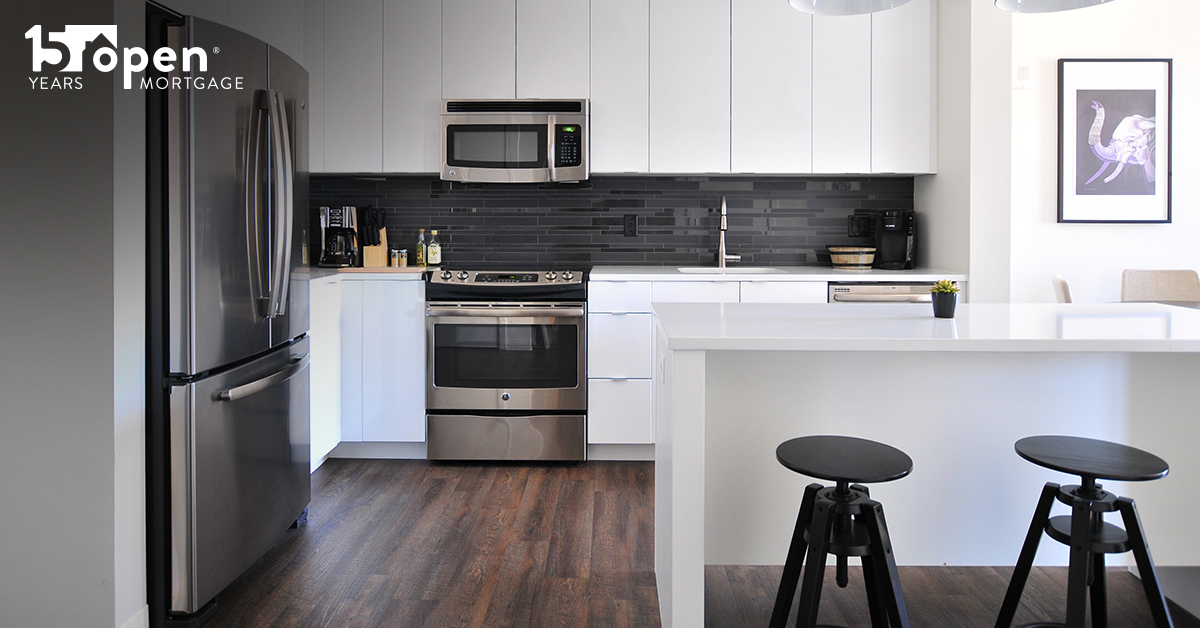
The Hidden Costs of Homeownership
Shopping for a home often begins with a budget. Working with a mortgage lender, buyers can explore their borrowing power and calculate their future mortgage payment before settling on a house.
However, a down payment, insurance costs, and monthly payment are not the only considerations when budgeting for your new home. The transition to homeowner also includes some less obvious, but equally important expenses.
The Necessities
Being handed the key to your new home for the first time is certainly worth celebrating. However, it also signals the start of the move-in process. While free food and drinks might be enough to lure some friends and family into getting the job done, a long-distance relocation or the use of professional movers will be exponentially more expensive.
Hopefully, you’ve already taken the tax obligations that come with your new purchase into account, but don’t forget what might be another mandatory cost: HOA fees. If a homeowners’ association governs your neighborhood, make sure to leave room in your budget for its annual dues. You’ll also want stay on its good side, so if your house includes a yard, be sure you have the equipment to maintain it, or the funds to pay a lawn service going forward.
Making Your House a Home
The excitement of a new home can also be tempered by the reality of the costs to furnish it. If needed, big-ticket items like a washer, dryer and refrigerator can add up fast. Furniture could also wind up on your wish list if you are upgrading to a house that is significantly larger than your previous place. Also, keep in mind expenses like utility deposits and cosmetic changes that you may want to make while settling in.
Prepare for the Unexpected
Buying a home is a major commitment. The responsibility that comes with a mortgage warrants paying extra attention to your savings account as well. Not only do you want to be prepared for the unexpected repairs that can—and will—come up with homeownership, but you also want to put yourself in the best position to handle changes in your financial situation. Putting more money aside for an emergency means less risk of losing the home you worked so hard to buy.
To make the most of you home-buying budget, call 888-602-6626 today and speak with an Open Mortgage specialist.






The above points can’t be stated enough! It seems so obvious, but in the “romance” of buying a first home, so many forget the extra financial “cushion” necessary for all those extras that add up VERY quickly.